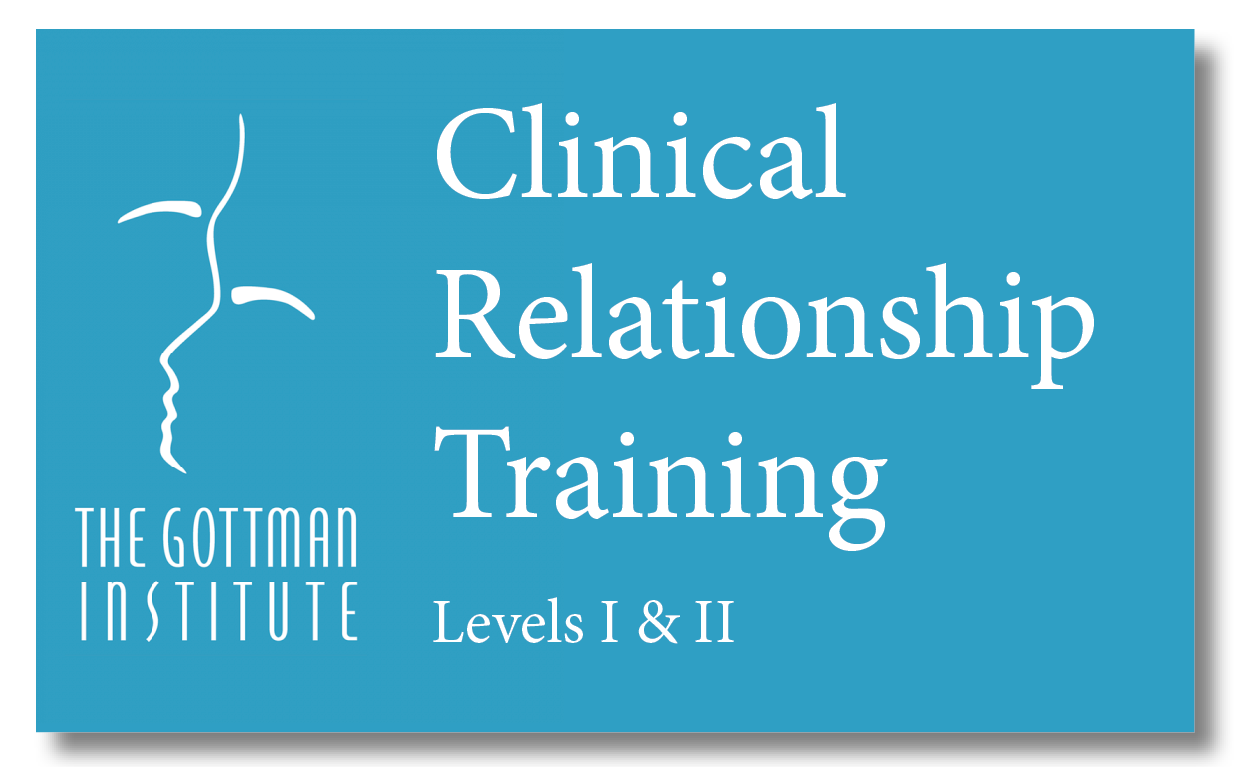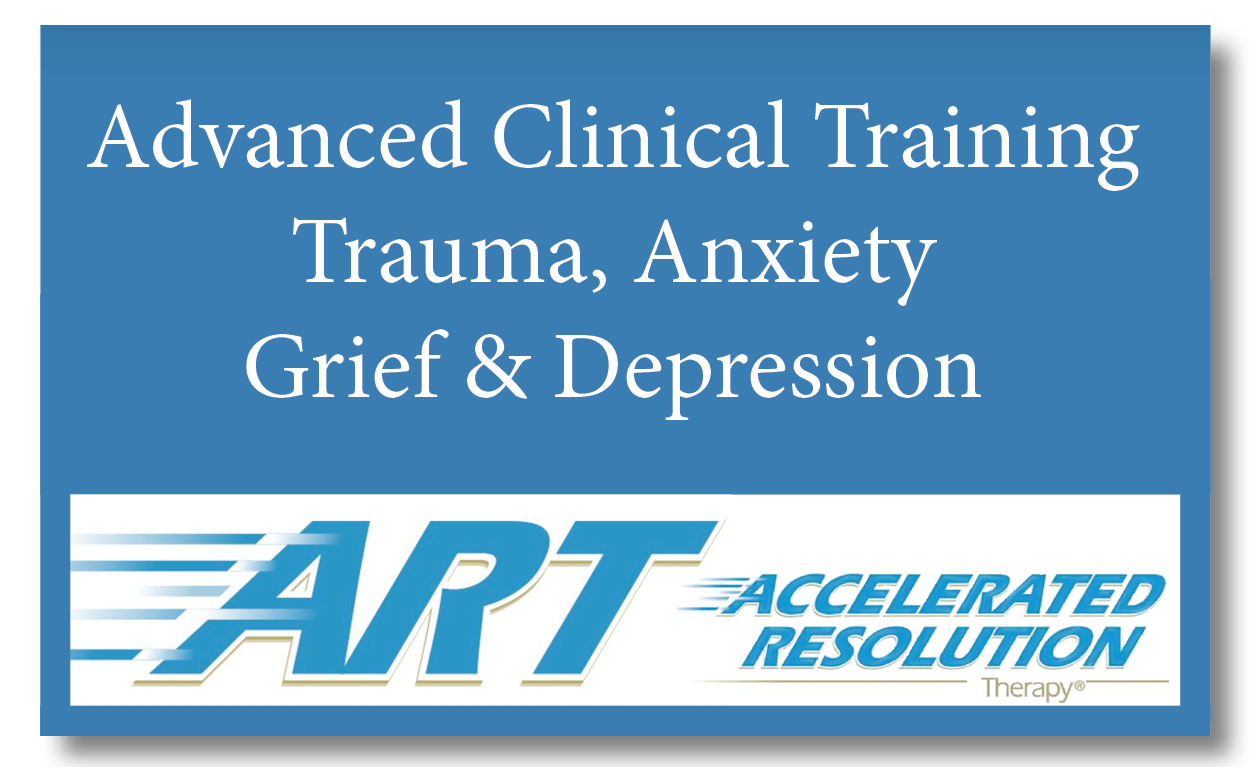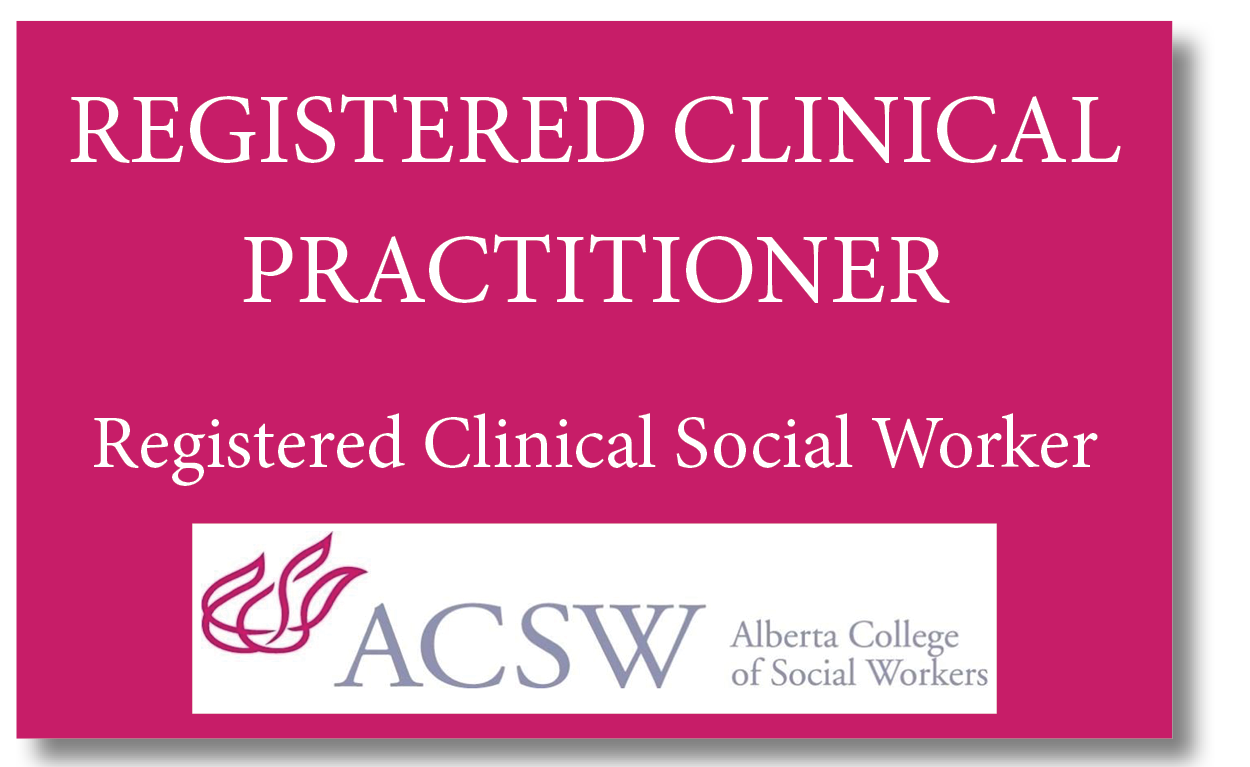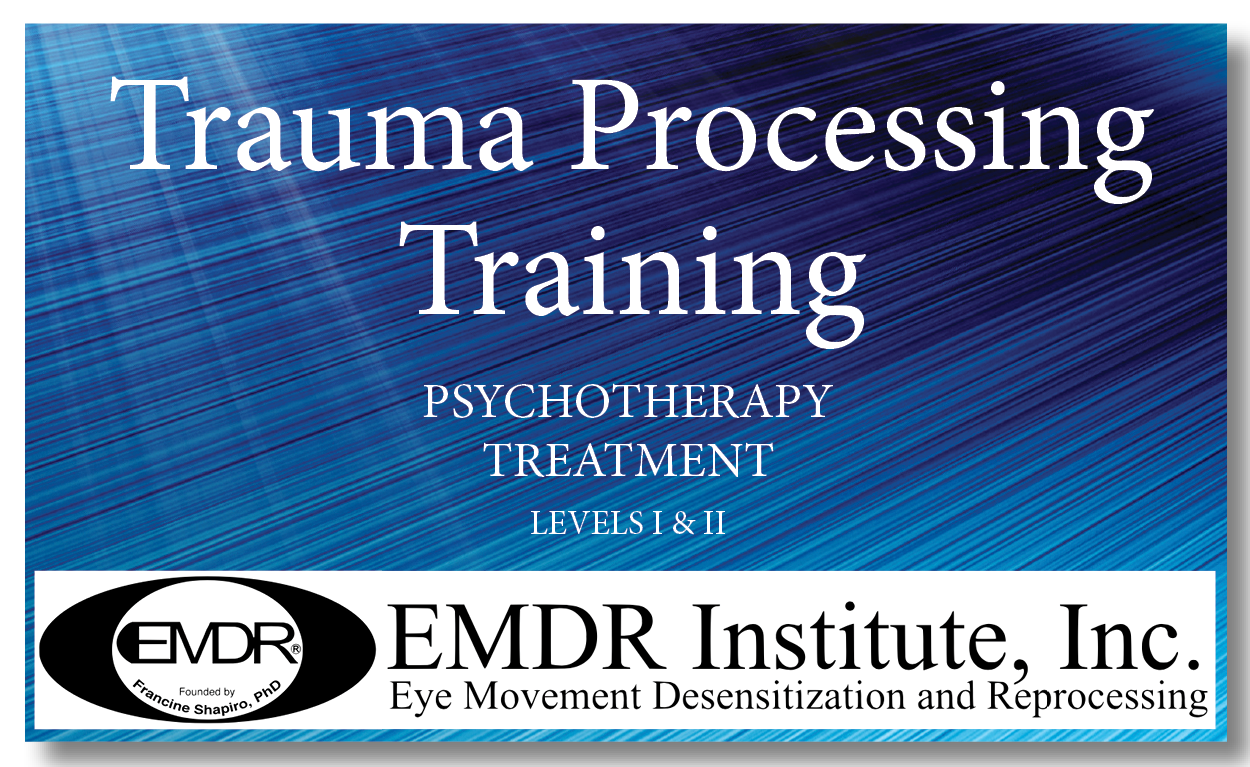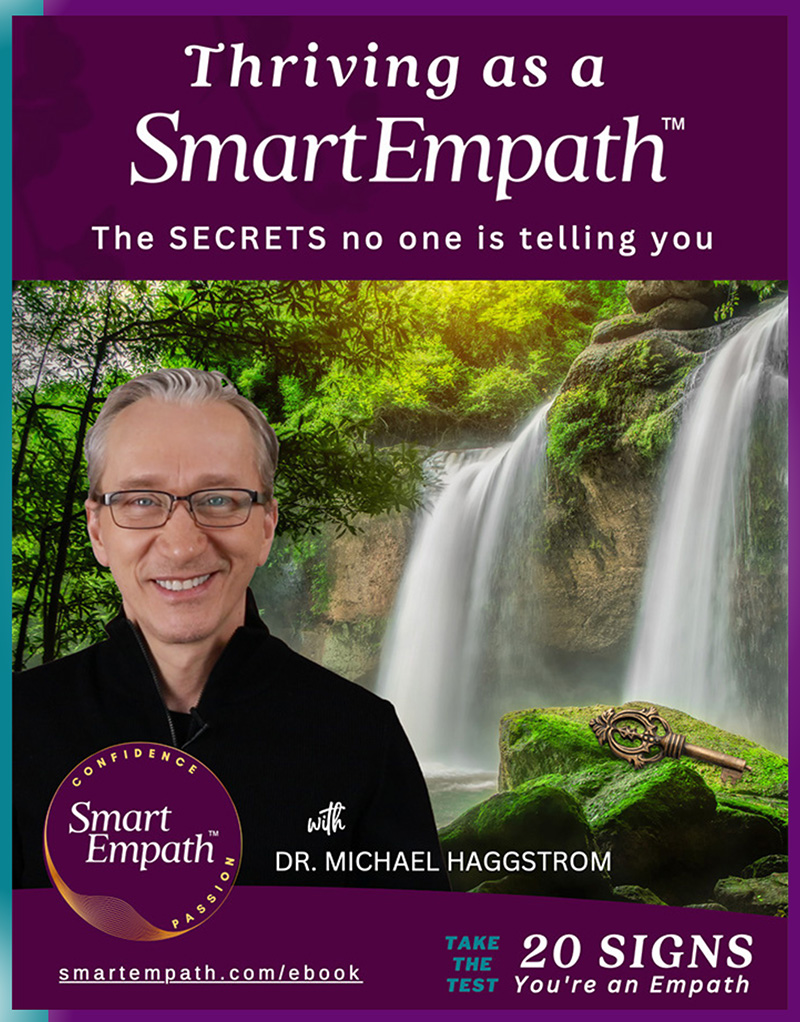“Eventually our relationship crashes and burns for not good reason. Science has proven it’s preventable.” – Dr. Michael Haggstrom
In this article:
Cultivating Amazing Relationships when the Drama Sets In
Ever wondered why some conversations hit an ugly dead end no matter how much you talk over things?
Well here’s the deal. Differences in opinion are totally normal, and if you value building solid connections, you’ve got to slam on the brakes before disagreements get nasty. Learn the skills of conflict resolution so you can get things back on track.
Instead, we need to learn the art of steering discussions away from negativity, without compromising truth. You see, it’s all about accepting that no two people will always be on the same wavelength. So, let’s focus more on truly getting to know each other better, and keeping things open so we can create those win-win solutions. This is at the heart of effective conflict management in relationships.

Fostering happiness is a skill
Though the concept seems straightforward, practicing constructive conflict resolution is often easier said than done. Engaging in discussions that veer away from toxicity demands a set of refined skills. One effective approach to acquiring these skills is seeking guidance from professionals who specialize in mediating and teaching techniques for fostering positive outcomes, especially in intimate relationships.
FACT: Practicing constructive conflict resolution isn’t always a walk in the park.
Learning how to in engage in discussions that veer away from toxicity demands a set of refined skills.
Navigating relationship gridlock
At times, we find themselves trapped in a state of gridlock. You’re both either ready to explode or you go down the path of avoidance, which leads to emotional detachment. When the core issues remain unresolved, we’re left feeling alone and wounded, and eventually our relationship crashes and burns for not good reason.

The science of relationship success
Enter this incredible couple, Drs. John and Julie Gottman. John is a world-renowned researcher and has conducted 50 years of research with thousands of couples. Julie is a highly skilled clinical psychologist, co-founder and President of the Gottman Institute located in Seattle, Washington.

Drs. John and Julie Gottman, Relationship Counselling Experts
The 4 horsemen that destroy relationships
Gottman’s extensive research on conflict allows them to predict divorce with a 93% accuracy rate. This is incredible. We now have scientific data that reveals the primary causes of divorce and the good news is that t’s fixable.
Dr. John Gottman termed the four behaviours that are the predictors of divorce as “The Four Horsemen”, imagery taken from the Book of Revelations which represents: conquest, war, famine and death. And it all has to do with conflict resolution. Let me show you how this works.

The Four Horsemen, from “The Apocalypse”, Woodcut, Albrecht Durer, German, Nuremberg, 1471-1528
Dr. John Gottman, with over five decades of research under his belt, has decoded the mystery behind communication gone wrong. He’s identified what he calls the ‘Four Horsemen of Communication’ – these are the nasty habits that can sabotage discussions and spell doom for relationships. Let’s break them down and see how they play out:
The irrefutable truth
The consequences of succumbing to these four destructive modes of communication are stark. Relationships don’t stand a chance.
Dr. Gottman’s done the science, and it’s clear: if you keep letting these behaviours wreck your relationship connection, then that relationship’s clock is ticking down. Learning the skills of conflict resolution is absolutely essential if you don’t want things to end one day.
Bottom line? In the arena of relationships, conflicts are like curveballs that keep life interesting. But you’re going to need high-level skills to turn negativity into constructive conversations. Toss these four toxic tactics out the window. Learn how to resolve conflict so you can thrive in your relationships built on empathy and understanding.
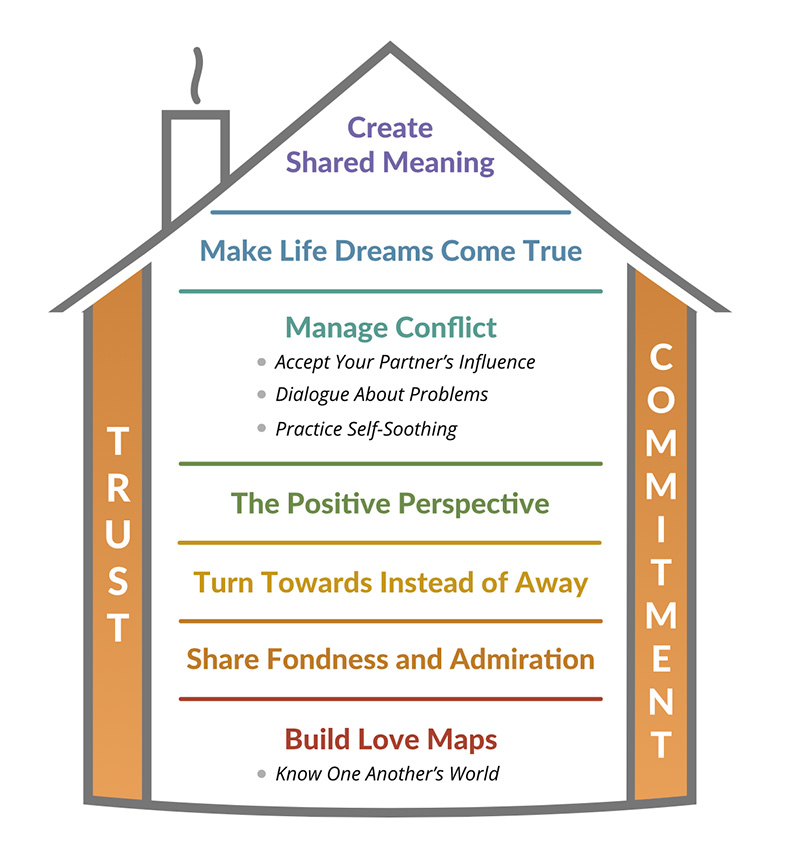
5 positive approaches to conflict resolution
Check this out! Here are practical skills you can use right now to improve your relationships, especially when tensions rise and the conflicts are getting started.
As you read through this list, check in with yourself to see how good you really are at these. Be ruthlessly honest. No one can afford to let conflict go on and on with bring effective change to the communication.
Great. Now, go ahead and rate yourself on a scale of 1 to 10.
MYSELF ▶︎ 1 2 3 4 5 6 7 8 9 10
MY PARTNER ▶︎ 1 2 3 4 5 6 7 8 9 10
MY RELATIONSHIP ▶︎ 1 2 3 4 5 6 7 8 9 10
Remember that you might be able to use these skills quite easily at work, but fail miserably at home. So, only rate how skilled you are at using these positive communication skills with your partner.
You might also consider discussing this with your partner and inviting their perspective on your communication dynamics. This proactive approach can foster candid and constructive conversations, serving as a stepping stone towards nurturing greater harmony and deeper connection between you both.
When the communication chaos isn’t just basic drama
One of the most important skills you’ll need in your relationships is to recognize the signs of a toxic relationship, especially narcissism.
You see, if you’re noticing sneaky signs of : 1) manipulation, 2) a lack of empathy for your needs, and 3) that it’s all about their own agenda, then that’s a major red flag you’ve come face-to-face with serious toxicity.
There’s no amount of talking that will fix this. It’s time to remind yourself that your well-being matters. Get some professional help to decode the toxic relationship patterns you’re in and to figure out a game-plan. This is no joke.
You see, the narcissist will make you feel like you’re going crazy, that every problem is your fault. Scientific studies have shown that toxic relationships can be the cause of depression and anxiety disorders. Make your mental and emotional health your top priority in these situations.
“Remember, as we dive into the world of communication and relationships – it’s all about finding what works best for you and your partner. Don’t stress about having it all figured out from the get-go. This journey is about moving forward, growing, and really getting each other.
Nobody’s expecting perfection here, just progress. Every little step, every chat you have, they all add up to building something awesome together. So, trust yourself and the process. Learning and adapting is where the magic happens. You’ve totally got this!”
– Sincerely, Dr. Michael Haggstrom
Share This Story ➡️
Share your thoughts:
